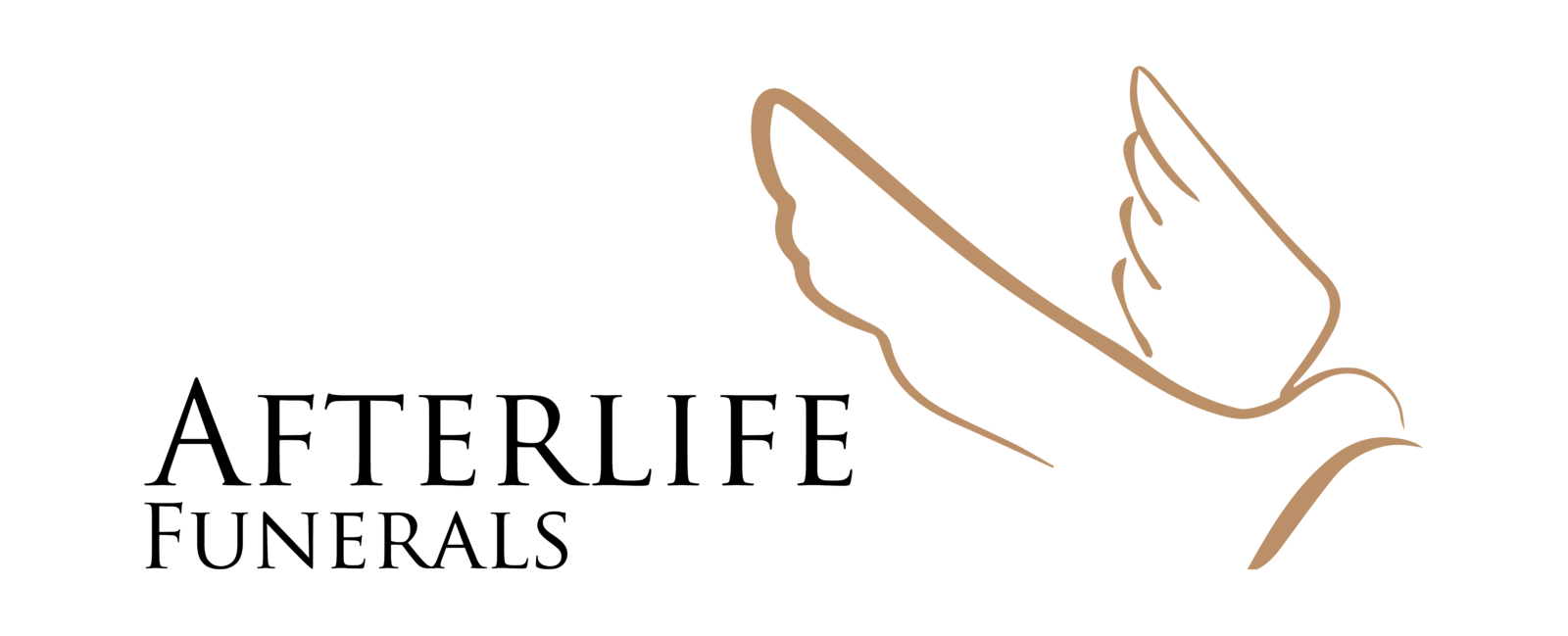10 Things to Do Before You Die: Estate Planning

10 Things to Do Before You Die: Estate Planning
Aretha Franklin joined a surprisingly long list of prominent people, including Prince, who passed away intestate—without a valid will—in 2018.
She made it harder for her survivors to settle her affairs by failing to create an estate plan. Even if your inheritance might not be as substantial or complicated as that of a well-known musician, you should nonetheless have a plan in place in case you pass away.
The last will that Goes Beyond
Creating a will is only one aspect of estate preparation. A thorough plan involves keeping track of all your assets and making sure they move as easy as possible to the individuals or organizations you want to benefit from them. You must not only carry out your plan but also communicate it to others so they are aware of your intentions.
Not sure where to begin? You'll have most of your bases covered if you stick to this checklist.
Create Itemized Inventory
Make a list of all precious items in your home by going over the inside and outside. The house itself, televisions, jewelry, collectibles, automobiles, works of art and antiques, computers or laptops, lawnmowers, and power tools are a few examples.
The list will likely be far longer than you had anticipated. If you think of someone you'd like to inherit the item from after your passing, you might wish to make notes as you go.
Continue with intangible assets
Start by including your intangible assets, such as items you possess on paper or other entitlements that are dependent upon your death, to your list after that. Brokerage accounts, 401(k) plans, IRAs, bank accounts, life insurance policies, as well as other policies like long-term care, homeowners, auto, disability, and health insurance, would all be included in this list.
List the locations of any physical papers you have in your possession as well as all account numbers. Additionally, you might wish to include the companies' phone numbers and addresses.
Create a list of your debts.
Create a different list afterward for any open credit cards and other debts you may have. Included here should be any bills you could have, such as vehicle loans, mortgages, home equity lines of credit (HELOCs), and other obligations. Add account numbers, the location of signed contracts, and the phone number(s) of the businesses holding the debt once more.
Include all of your credit cards, making note of which ones you typically use and which ones tend to languish unused in a drawer.
List your memberships.
Make a list of any organizations you are a member of, such as AARP, The American Legion, veteran's organizations, professional certification organizations, or college alumni groups. Your beneficiaries may be qualified to receive any accidental life insurance benefits that these organizations offer to their members (free of charge).
Include any more philanthropic causes you back. It's a good idea to let your beneficiaries know which charities or issues you care deeply about and where you would like donations made in your honor to go.
Duplicate your lists.
When your lists are finished, create at least three copies, date them, and sign them. The executor of your estate needs to receive the original (more on that person later). If you're married, the second copy should go to your partner and be stored in a secure. The final copy should be stored securely for your use.
Take a look at your retirement accounts
When you pass away, any accounts and policies that have beneficiaries listed will go to them immediately. It is irrelevant how you specify the distribution of these accounts or policies in your trust or will. Priority will be given to the beneficiary designations connected to the retirement account.
For a current list of the beneficiaries you've chosen for each account, get in touch with your employer's customer care department or the plan administrator. Check that the beneficiaries are accurate and listed exactly how you want to in each of these accounts. If you've just divorced and remarried, this is very crucial.
A current insurance update
Life insurance and annuities will similarly flow to beneficiaries to retirement savings. It is crucial to get in touch with each life insurance provider where you have active policies to confirm that your beneficiaries are accurate and up to date.
Designations for Assigning Transfer on Death
The probate process is frequently used to distribute assets left behind by wills and in intestate deaths. Your assets will be allocated by the court's orders throughout this process, which can be expensive and time-consuming.
However, every day a large number of accounts, including bank savings, CD accounts, and personal brokerage accounts, are needlessly probated. If you own these accounts, you can designate them with a transfer on death (TOD) designation, which enables beneficiaries to receive assets without going through the probate procedure, or you can change the designation.
Choose a trustworthy estate administrator
When you pass away, your executor or estate administrator will be in charge of carrying out your wishes. It's critical that you choose someone who can make judgments responsibly and with sound judgment.
Never assume that your partner is the best option right away. Consider how this person's ability to make decisions will be impacted by emotions associated with your passing. If a problem arises, take into account, additional qualified people.
Prepare a Will
Anyone older than 18 should have a will. It serves as a guide for how your assets will be distributed and may help your heirs avoid conflict. A will can also specify who should look after your pets and assign a guardian for your small children.
Through your will, you can also donate property to charitable organizations.
Depending on the complexity of your assets and your location, many solicitors can help you draft a will for less than $1,000. Wills are comparatively cheap estate planning documents to create. Additionally, you can create your own will with the use of online services or other software applications.
Make sure your will is signed, dated, and notarized before two unrelated witnesses who should also sign the document. Last but not least, let others know where the document is so they may find it when they need it.
The Conclusion
The worst enemy of estate planning is procrastination. Even though no one likes to think about passing away, poor or no planning can result in family conflicts, assets falling into the wrong hands, protracted legal issues, and excessive estate tax payments.
Decide on a time to start, then. "By neglecting to prepare, you are planning to fail," said Benjamin Franklin.


